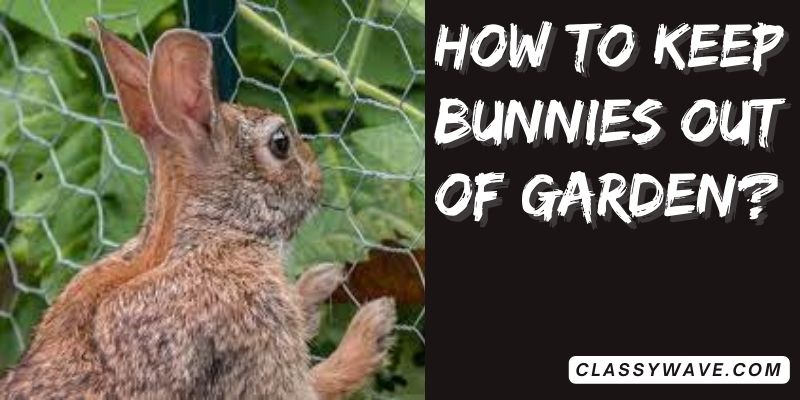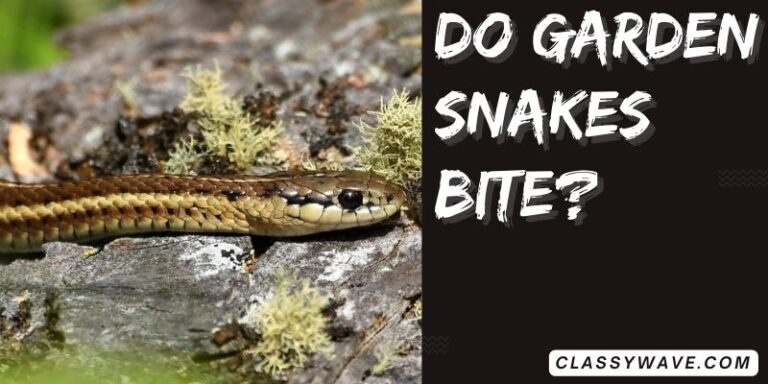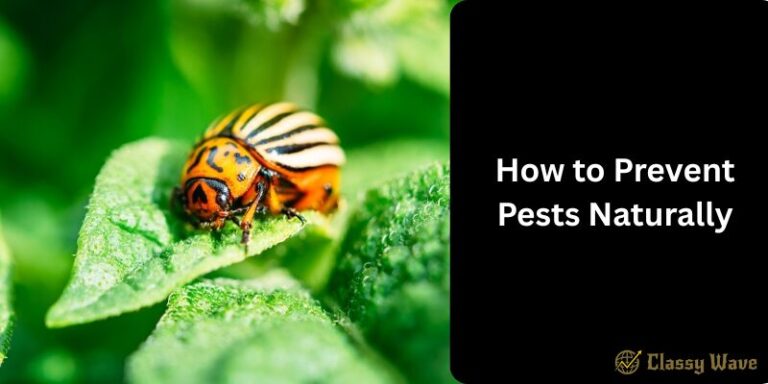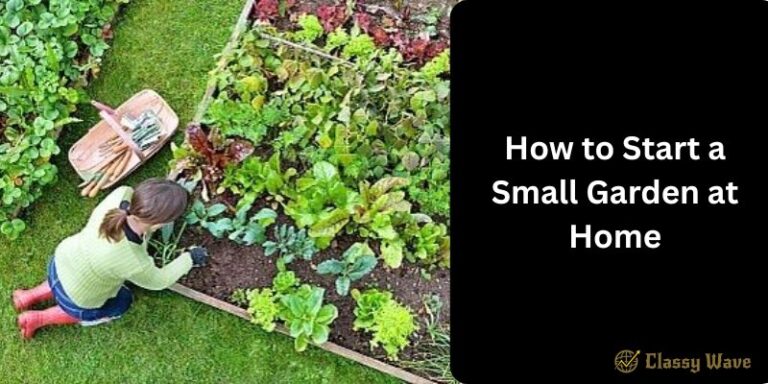How to keep bunnies out of the garden? Protecting Your Garden
Creating a bunny-free haven for your garden involves a multifaceted approach, from natural repellents to strategic planting. Learn how to safeguard your plants with physical barriers, distract bunnies with designated areas, and employ humane trapping methods. Explore scent-based solutions, bunny-resistant plants, and community collaboration.
Natural Bunny Repellents for Gardens
Utilize natural repellents like garlic, pepper spray, or vinegar to deter bunnies. These substances create an environment that bunnies find unpleasant, reducing their likelihood of invading your garden. Environmentally friendly and safe, these repellents offer a chemical-free solution to protect your plants and flowers.
Physical Barriers to Protect Your Garden
Install physical barriers such as fencing or mesh to create a protective enclosure around your garden. This is a reliable defense against bunnies, preventing them from accessing and damaging your plants. Choose materials that are durable and tall enough to discourage their attempts to enter, effectively safeguarding your garden space.
Strategic Planting to Deter Bunnies from Your Garden
Plan your garden layout with bunny deterrence in mind. Opt for plants that are naturally unappealing to bunnies or those with strong scents that repel them. Additionally, consider placing bunny-resistant plants around the perimeter as a natural barrier. Strategic planting helps create an environment that is less attractive to bunnies, reducing the likelihood of them intruding.
Creating a Bunny-Friendly Distraction Area
Designate a specific area in your yard with bunny-friendly plants or grasses to divert their attention. By providing an alternative space tailored to their preferences, you can discourage bunnies from venturing into your main garden. This distraction area serves as a compromise, allowing both your garden and the bunnies to coexist harmoniously without causing damage to your prized plants.
Implementing Safe and Humane Trapping Methods
If bunnies persistently invade your garden, use safe and humane trapping methods. Live traps can be strategically placed to capture bunnies without causing harm, allowing you to relocate them to a more suitable habitat. This approach ensures a peaceful resolution without harmful measures, promoting a compassionate approach to managing bunny intrusions.
Using Scent-based Repellents to Keep Bunnies Away
Harness the power of scent to deter bunnies by applying natural repellents with strong odors. Substances like citrus peels, coffee grounds, or essential oils can create an olfactory environment that bunnies find unpleasant. Spraying or strategically placing these scents around your garden is an effective deterrent, encouraging bunnies to seek alternative areas while preserving the integrity of your plants.
Garden Maintenance Tips to Discourage Bunny Activity
Regularly maintain your garden by removing debris, trimming overgrown vegetation, and eliminating hiding spots. By reducing the attractiveness of your garden as a potential habitat, you discourage bunny activity. Consistent maintenance not only enhances the overall health of your plants but also disrupts the conditions that make your garden appealing to bunnies, minimizing the risk of intrusion.
Choosing Bunny-Resistant Plants for Your Garden
Opt for plants that naturally resist bunny grazing by possessing textures, tastes, or scents that bunnies find unappealing. Research bunny-resistant species and incorporate them into your garden design. By selecting plants that are less likely to attract bunnies, you create a more resilient and protected garden environment, minimizing the risk of damage and ensuring the longevity of your plantings.
Collaborative Solutions with Neighborhood or Community
Work collaboratively with neighbors or the community to address bunny-related issues. By implementing collective measures, such as communal fencing or shared deterrent strategies, you create a unified front against bunny intrusions. Open communication and collaboration foster a supportive environment for managing the presence of bunnies, promoting a shared responsibility for maintaining the integrity of gardens within the community.
Understanding Bunny Behavior for Effective Garden Protection
Gain insights into bunny behavior to develop more effective protection strategies. By understanding their habits, feeding patterns, and preferred environments, you can tailor your garden protection methods accordingly. This knowledge empowers you to create a garden that is less attractive to bunnies, minimizing the need for reactive measures. A proactive approach to understanding bunny behavior contributes to a more sustainable and harmonious coexistence between your garden and the local bunny population.
Applying Commercial Bunny Repellent Products
Explore commercially available bunny-repellent products designed to protect gardens. These formulations often contain natural ingredients and can be applied directly to plants, offering a convenient solution to deter bunnies without harming your garden.
Utilizing Motion-Activated Devices for Bunny Control
Invest in motion-activated devices, such as sprinklers or sound emitters, to startle bunnies and discourage their presence in your garden. These high-tech solutions provide an automated approach to bunny control, minimizing the need for constant monitoring.
Implementing Raised Bed Gardens as Bunny Deterrents
Construct raised bed gardens as an effective physical barrier against bunnies. The elevation of the beds makes it more challenging for bunnies to reach and access your plants, offering an aesthetically pleasing and functional solution.
Introducing Natural Predators to Control Bunny Population
Encourage natural predators like owls, hawks, or domesticated pets to inhabit your garden area. The presence of these predators can act as a deterrent, signaling to bunnies that the environment is unsafe for feeding or nesting.
Enhancing Garden Aesthetics with Bunny-Proof Landscaping
Combine functionality and aesthetics by incorporating bunny-proof landscaping elements into your garden design. Choose decorative features, such as rocks or ornamental grasses, that serve as deterrents and attractive additions to your outdoor space.
Conclusion
In conclusion, safeguarding your garden from bunny invasions requires a combination of proactive measures and thoughtful planning. By incorporating natural repellents, physical barriers, and bunny-resistant plant choices, you can create an environment that discourages these furry intruders. Whether through high-tech solutions, DIY approaches, or community collaboration, a comprehensive strategy ensures the long-term health and beauty of your garden while respecting the natural habits of these adorable yet potentially disruptive creatures.
FAQs
Question: What plants do bunnies dislike?
Answer: Bunnies dislike strong-smelling plants like lavender, marigolds, and herbs like rosemary and mint.
Question: How tall should bunny fences be?
Answer: Opt for fences at least 2 feet tall, as bunnies are skilled jumpers; taller fences provide better protection.
Question: Are there bunny-safe repellents?
Answer: Yes, natural repellents like diluted garlic spray or cayenne pepper solutions are safe and effective against bunnies.
Question: Can I use coffee grounds to repel bunnies?
Answer: Yes, scattering coffee grounds in your garden deters bunnies with their strong scent and abrasive texture.
Question: What are bunny-resistant flowers?
Answer: Flowers like daffodils, marigolds, and geraniums are less appealing to bunnies, making them good garden choices.







